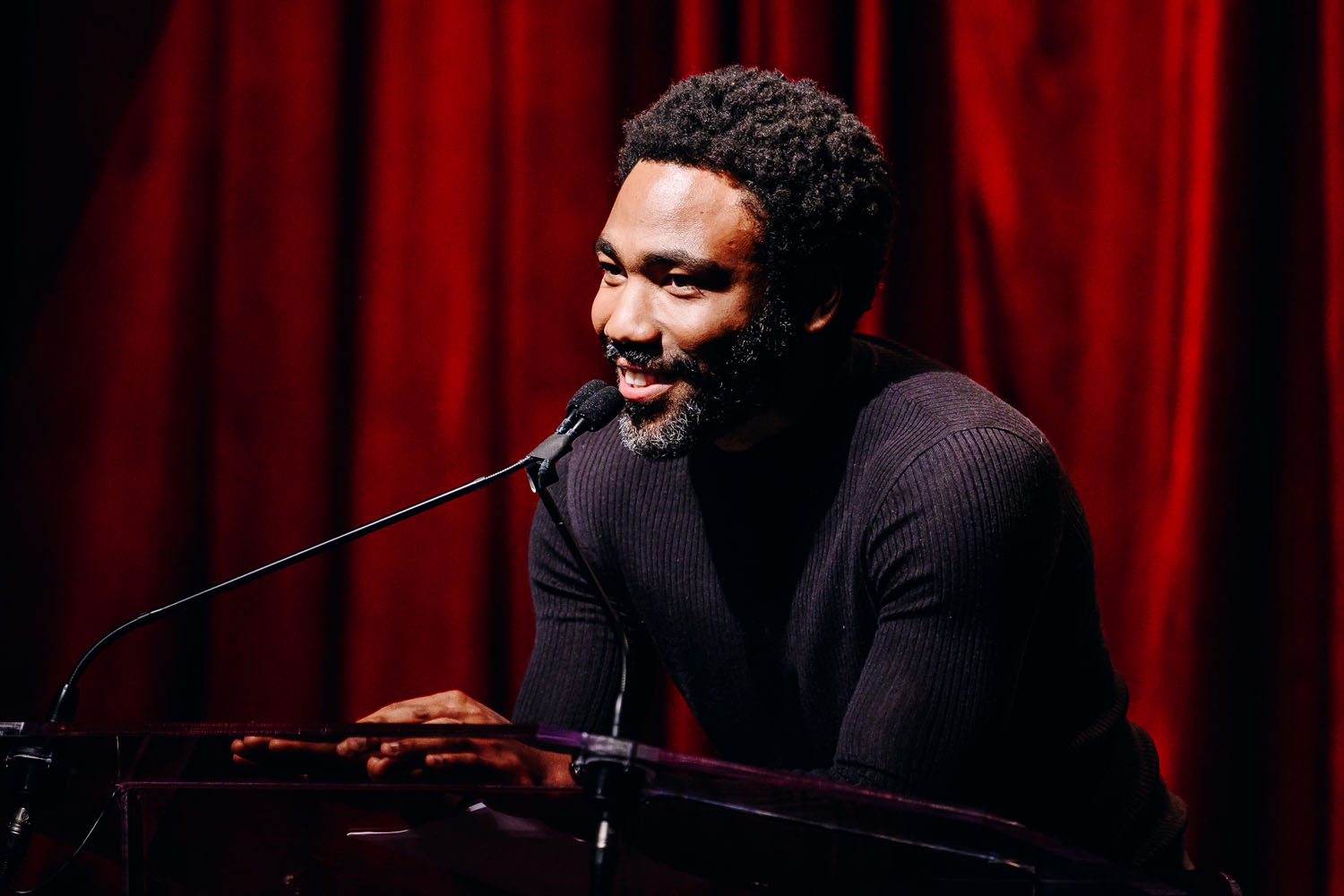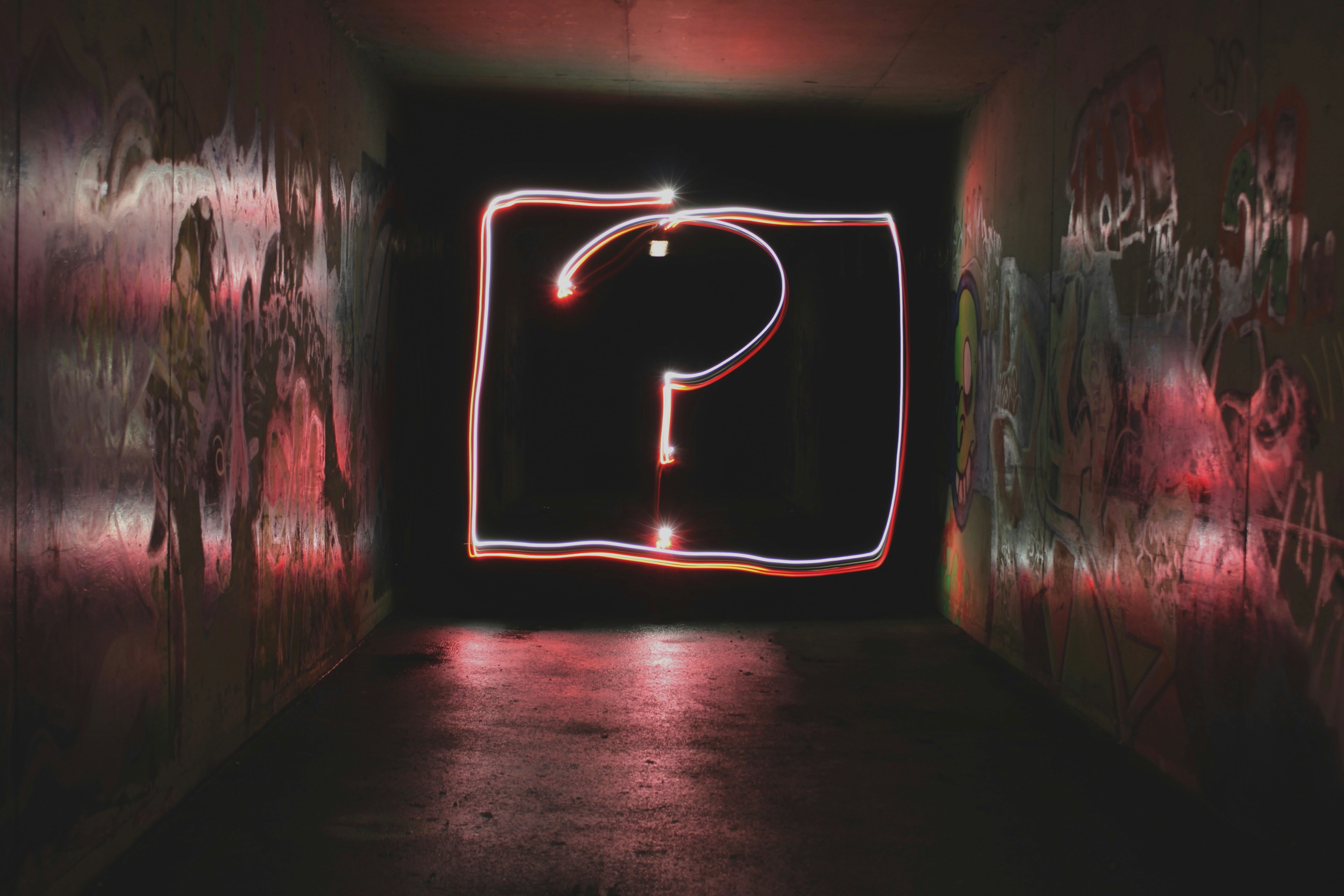
Lena and Donald get into it (again)
Donald Glover and Lena Dunham got caught in an awkward f-ck up that probably was supposed to fly under the radar, but we should talk about it. While presenting a Writers Guild Award to Paul Simms last weekend, Donald made a joke about Lena saying the n-word, which was promptly denied by her publicist and his, awakening my memoires of both of their fraught relationships with Blackness (him, which is more of his identity in proximity to whiteness) and racism (her). During the part in question he said:
“I asked Lena what made you decide to work with Paul? And she goes, honestly, this n—a lets me do whatever I want. I remember thinking two things, Lena is using the n-word extremely liberally…who does she think she is, Chevy Chase?”
Forget racism for a second, this isn’t even the first time Lena has been accused of using the n-word, and she dismissed this like he was accusing her of something completely out of the realm of possibility. Racism has been one of the biggest controversies she’s had to deal with in her career, and she’s had a lot of scandals. It’s also one of the accusations she’s never really given a good answer to. Whenever Lena Dunham is fighting accusations of racism, she goes into full Karen mode. She’s been doing it before “Karen” was officially in the cultural lexicon: the stereotype of a white woman who refuses accountability, hides her hands yet somehow still plays the victim, and also gets to lead is a tale as old as time and she just can’t escape it.
Looking into her history of this is interesting. Looking into Donald Glover’s proximity to whiteness and white women is also fascinating so I had to do both. This story feels like we could be in 2016, a pre-Me Too Hollywood where an n-word scandal couldn’t really bring Lena Dunham down. Sadly, even now, when we feel like we have made progress (and in many ways we have), it’s still the same. The pervasiveness of anti-Blackness means she will escape true accountability again.
When Girls became a hit on HBO, criticism began rolling in about Lena Dunham’s qualifications to run a show, the way she was given the opportunity, the classed stereotypes of the characters and the blatant lack of persity in the show. Lena dismissed most of it as sexist, which is fair as misogyny still remains an obvious issue, but many things can be true at the same time. She really did try to deny nepotism when she handed in only a few pages to the network to get the show greenlit (her parents are well-known artists), and she simplified accusations of racism and lack of persity so badly, it was abundantly clear she had blindspots.
She claims to have only cast in the show people who thrill her (it wasn’t their powerful parents), and one person she grew up with (another clear sign of nepotism). She called the critique a way that people are always looking for a reason a woman is successful, a totally irresponsible and reductive definition to misogyny that strips her of other definitive qualities besides simply being a woman.
Then on lack of persity and racism, she humbles herself a little but still manages an excuse:
“I totally heard those, and I was really happy it opened up a dialogue about race on television which is one we need to be having. And I tried to respond to it sensitively and I heard people who said that doesn’t reflect my New York. As the show expanded, I tried to expand its world culturally. And I hope it started a conversation about the fact that what we need is more showrunners of colour who are telling their own stories.”
She goes on to say she wrote the show’s main characters based on her identity and that’s what she knew how to do at 23. There is a lot to unpack, especially since this was 9 years ago and we have seen how things have played out for her. But when a wealthy white woman with connections makes a show based on her vision alone, and somehow manages to use the naivety of age as an excuse, it doesn’t seem right. In fact, if the age 23 was suddenly an issue when it comes to race, why wasn’t it an issue in terms of giving her a show? Racism has the ability to simultaneously mature and infantilize the racist: these people are capable of so much, but also so inexperienced when it comes to human rights. It’s ridiculous.
Then came a race scandal Lena had even more difficulty answering to. Murray Miller, Girls writer and executive producer, was accused of sexual assault by actress Aurora Perrineau, who is Black. Perrineau filed a police report that it occurred in 2012 when she was 17. Lena (and Jenni Konner) promptly released a brutally anti-feminist statement defending Miller:
“During the windfall of deeply necessary accusations over the last few months in Hollywood, we have been thrilled to see so many women’s voices heard and dark experiences in this industry justified. It’s a hugely important time of change and, like every feminist in Hollywood and beyond, we celebrate. But during every time of change there are also incidences of the culture, in its enthusiasm and zeal, taking down the wrong targets. We believe, having worked closely with him for more than half a decade, that this is the case with Murray Miller. While our first instinct is to listen to every woman’s story, our insider knowledge of Murray’s situation makes us confident that sadly this accusation is one of the 3 percent of assault cases that are misreported every year.”
After much backlash, they issued a second statement apologizing for the first, and saying, “We regret this decision with every fiber of our being.”
It’s mind-blowing that Lena believed she had the authority to define what the feminist movement is, say who it is helping, then defend a man’s accusations based on a work relationship. And deeply regretting it is clearly not enough. But white women expect to be forgiven of any mistake, no matter how grave. It’s just another tentacle of the constant moving goalposts of white feminism: why step away and learn, when I can f-k up and still lead?
There has been more, and Lena’s career and reputation has taken some serious hits in the past decade. Admittedly, she has gone through it. Yet, she still works and is still successful, despite never really critically leaning in or changing. The same glaring privilege and nepotism she denied have helped maintain her career when she’s been in trouble.
Then there is Donald Glover. A genius. A true multi-hyphenate in every sense of the word. And we have seen his career grow, and Dunham is a part of that growth. While he was on NBC’s Community (after writing on 30 Rock), he was also making music and was cast as Dunham’s love interest in Girls’ second season. It all seemed very tokenized, especially since she was dealing with the backlash of the show being so white. His role was small (he claimed NBC only let him do two episodes), and so symbolized even more Lena’s inability to cast a layered Black person on the show.
Looking back, when Donald talked about his time on Girls, he didn’t seem concerned with the show’s lack of persity, he was just happy to be able to work with Lena. He told the Breakfast Club in 2014 that it was basically an honour saying,
“She’s a young writer everyone knew about. This is a show about how I was living when I was here.”
Then he goes on to liken Lena’s talent to his (in my opinion much more immense) talent and artistic abilities:
“Lena Dunham, she works for her, she writes that show, that’s her thing…they wouldn’t give a rapper a show. I don’t wanna be a rapper. When Kanye talks about the glass ceiling (I can’t do anything as a rapper), that’s my superpower. Diddy makes sure people remember certain things and makes sure things happen. As an artist, as a creative, there’s not a lot of people who can do exactly what they want to do. In my position, especially as a Black male, I can’t do what I want to do exactly right now. But I’m in a position where I can start to build those blocks. But being a rapper isn’t part of it.”
I have no idea what Lena Dunham being a talented writer and showrunner has to do with the nuanced and arduous process of navigating a racist entertainment industry as a Black man, but he did. Even more odd is a 2018 media conversation around the two of them, framed as an uncomfortable exchange. The New Yorker was doing a profile on Glover which highlighted the beginning of his now legendary show Atlanta. When interviewed about his time on Girls, Dunham said that “every massive insult of white women was 100 percent him” and, “I e-mailed him later to say, ‘I hope you feel the part on ‘Girls’ didn’t tokenize you,’ and his response was really Donald-y and enigmatic: ‘Let’s not think back on mistakes we made in the past, let’s just focus on what lies in front of us.’”
Like a textbook “liberal” self-centered racist, Lena Dunham clearly seemed to like a Black person who can cheerfully take racism on the chin. How convenient that Glover could serve as a way to excuse any mistake Lena ever made, and she also managed to make a profile about him, about her. On top of that, Donald’s own relationship with whiteness (which he does not shy away from, in fact he talks about it almost too much) hardly makes him an arbiter of forgiveness for the ever non-evolving Dunham.
The fact the two of them got caught up in this now due to this sound bite makes total sense.

































































